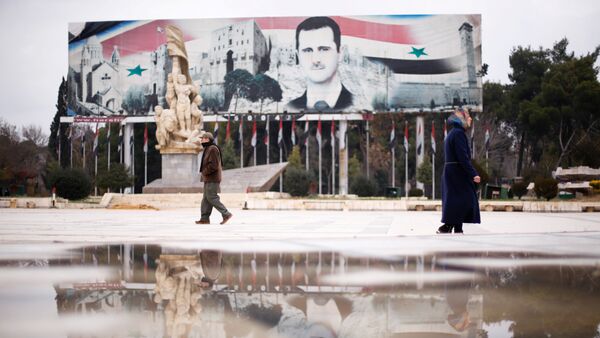The research, unveiled in early February, "has been exploited for certain political purposes," she said. "One cannot rely on the credibility of this report – as opposed to the work Amnesty International did in the past."
In Leukefeld's opinion, such campaigns have undermined, if not torpedoed Damascus's efforts aimed at bringing peace to Syria. She specifically mentioned the work on the new constitution as a case in point.
"These are important political processes. It is in the interest of the Syrian people to support them," the journalist said.
Leukefeld also maintained that while the war is still raging, Assad is likely to remain in power.
"If there was a political process, it could convince people to support different politicians. However, the war is still ongoing. There are no political debates and reforms. This is why at the moment I don't see any alternative," she said.
In late 2016, Damascus and key armed opposition groups reached several agreements, including a ceasefire deal, with Moscow, Ankara and Tehran sponsoring the talks. In addition, Russia, Turkey and Iran have kick started the Astana peace process, with two round of talks held this year. The negotiations marked the first time that a delegation from Damascus and representatives of the armed opposition have met since the foreign-sponsored insurgency morphed into a large-scale civil war in 2011.
Never miss a story again — sign up to our Telegram channel and we'll keep you up to speed!




